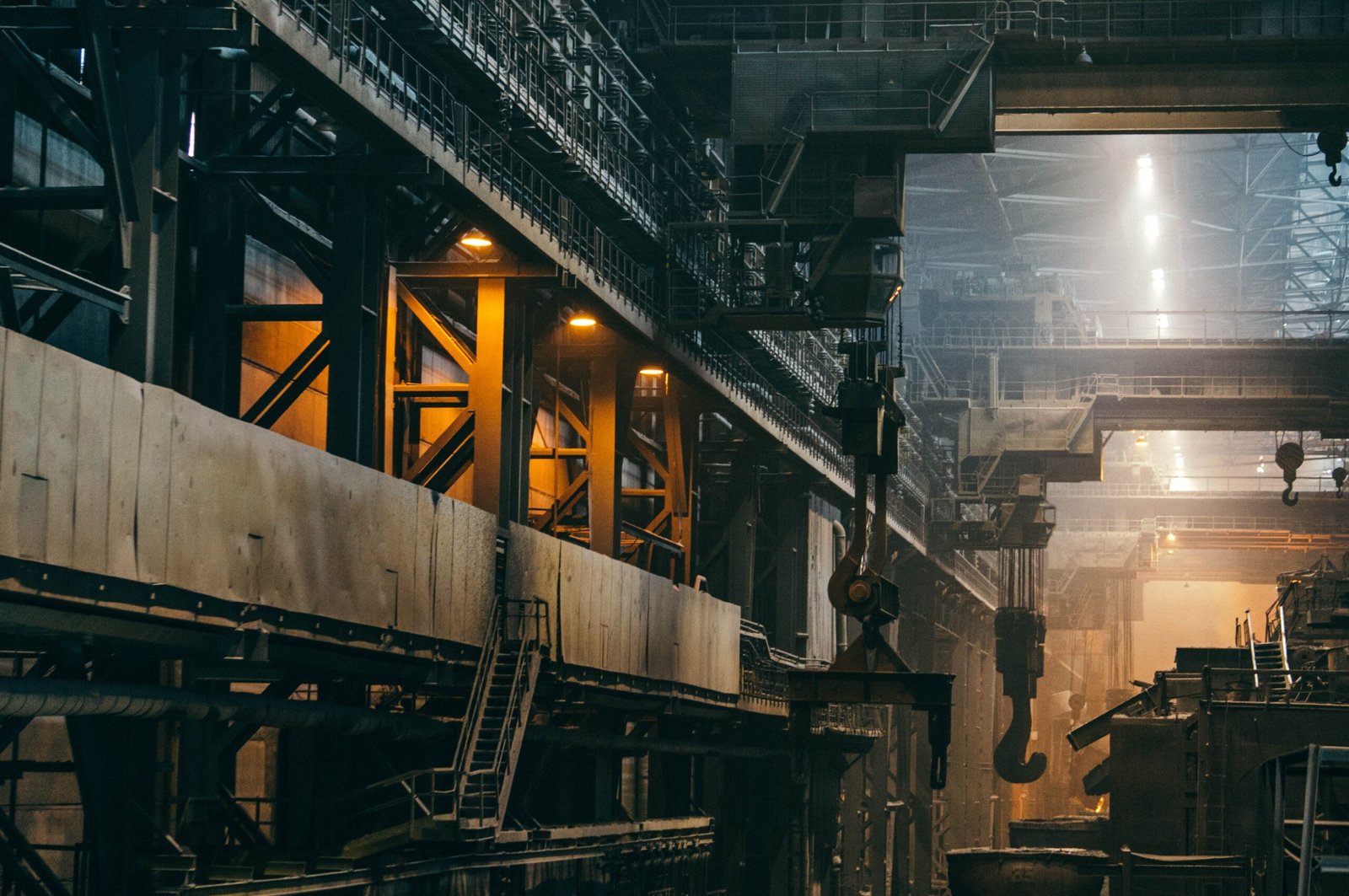The Fourth Industrial Revolution and the Sharing Economy: Embracing the Future
The Fourth Industrial Revolution and the Sharing Economy are two interconnected concepts that are shaping the future of our society and economy. In this blog post, we will explore the impact of these phenomena and how they are revolutionizing various industries.
The Fourth Industrial Revolution
The Fourth Industrial Revolution refers to the ongoing automation and digitization of traditional industries, driven by advancements in technology such as artificial intelligence, robotics, and the Internet of Things. This revolution is characterized by the fusion of physical, digital, and biological systems, leading to unprecedented levels of connectivity and data-driven decision-making.
Implications for Industries
The Fourth Industrial Revolution is transforming industries across the board. Manufacturing is becoming increasingly automated, with robots taking over repetitive tasks and improving efficiency. Healthcare is benefiting from advancements in telemedicine and personalized medicine, enabling better patient care. Transportation is being revolutionized by autonomous vehicles and ride-sharing platforms, reducing congestion and emissions.
The Sharing Economy
The Sharing Economy, also known as the collaborative economy or peer-to-peer economy, is a socio-economic system based on sharing resources, goods, and services. It is facilitated by digital platforms that connect individuals and enable them to share their underutilized assets, such as cars, homes, and skills.
Benefits and Challenges
The Sharing Economy offers numerous benefits, including cost savings, increased resource utilization, and environmental sustainability. It allows individuals to monetize their assets and skills, creating new income opportunities. However, it also poses challenges, such as regulatory issues, trust and safety concerns, and potential labor exploitation.
Convergence of the Fourth Industrial Revolution and the Sharing Economy
The Fourth Industrial Revolution and the Sharing Economy are intertwined and mutually reinforcing. The technological advancements of the Fourth Industrial Revolution enable the growth and scalability of the Sharing Economy. Digital platforms facilitate peer-to-peer transactions, matching supply and demand efficiently.
Opportunities for Innovation
This convergence opens up new possibilities for innovation and disruption. Startups are leveraging the power of technology to create innovative sharing economy platforms in various sectors, such as accommodation (Airbnb), transportation (Uber), and food delivery (DoorDash). These platforms are transforming traditional industries and challenging established business models.
In conclusion, the Fourth Industrial Revolution and the Sharing Economy are revolutionizing our society and economy. They offer immense opportunities for progress and innovation, but also raise important questions about regulation, ethics, and the future of work. Embracing these transformations and finding sustainable solutions will be crucial for navigating the future.
1. What is the Fourth Industrial Revolution, and what are its key driving forces?
2. How does the Fourth Industrial Revolution impact traditional industries, particularly in terms of automation and digitization?
3. In what ways is the healthcare industry benefiting from the Fourth Industrial Revolution?
4. What are the characteristics and principles of the Sharing Economy?
5. What benefits does the Sharing Economy offer, and how does it function as a socio-economic system?
6. What challenges are associated with the Sharing Economy, and how do they manifest in areas such as regulation and trust?
7. How are the Fourth Industrial Revolution and the Sharing Economy interconnected?
8. How do digital platforms facilitate the growth and efficiency of the Sharing Economy?
9. What opportunities for innovation arise from the convergence of the Fourth Industrial Revolution and the Sharing Economy?
10. What are the broader implications of these transformations for society, including considerations related to regulation, ethics, and the future of work?




